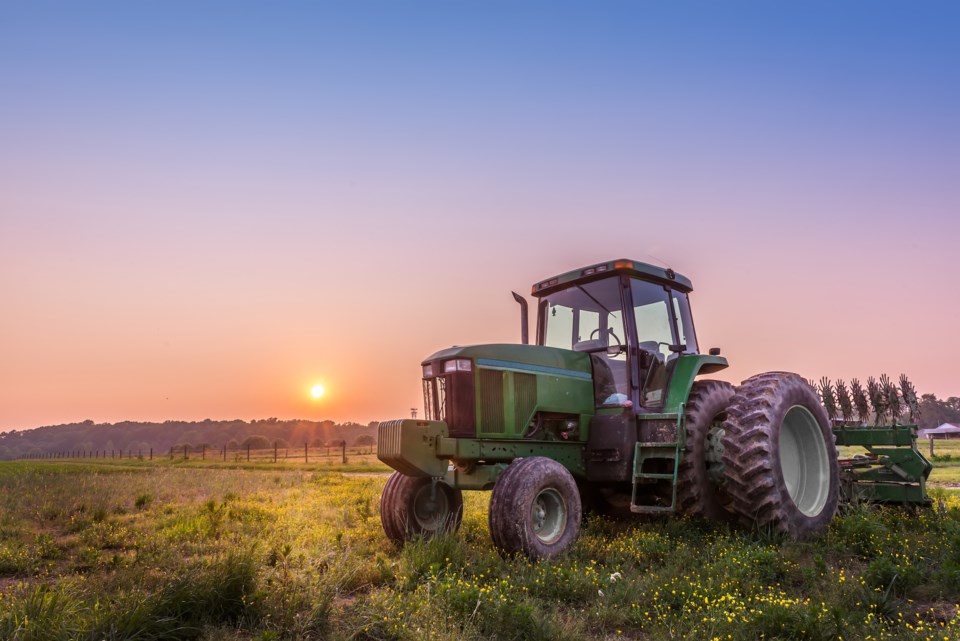Farmers have long embraced the saying buy land, they’re not making it anymore.
Today, those words have never meant more.
Agricultural land is getting scarcer as cities push outwards. At one time, farmers could cut down forest or bush on their property to bring more of their own land into production. Or, when land was relatively cheap, they could try buying it from their neighbours.
But that era’s been over for a while. Farmers now know a treeless landscape is not environmentally sound. They know good land is hard to find, and seems expensive when crop prices are deflated.
So, to stay in business, farmers need to conserve the land on which they grow crops and raise livestock, whether that land is owned or rented. They need to get as much production as they can from it, without sacrificing sustainability.
That enhanced production also helps them do their part to keep the cost of food in check – even though the portion farmers receive on food is typically just a few cents on the dollar.
But whatever the cost saving is to farmers, it’s important to consumers. Research shows the rising cost of food is one of their biggest concerns.
That being the case, it’s important for the agricultural sector – farmers, processors and manufacturers alike – to build some trust with the public. The sector’s many members need to let consumers know when and how they’re making progress on the drive to hold down food prices.
Earlier this week at outlook conference sponsor by Bayer Crop Science, dedicated to new developments and trends, one such effort discussed was short-stature corn.
Here’s the story behind it. Corn loves heat, so plant breeders have traditionally developed varieties that shot out of the ground and matured more quickly, to take advantage of warm summer temperatures. Some of those varieties get tall faster.
However, tall varieties of certain crops can be prone to wind and rain damage. And as a countermeasure, if their stalks are bred tougher, to withstand such damage, they can have a harder time breaking down in the soil between growing seasons.
Generally speaking, a crop that’s closer to the ground is easier for farmers to grow and harvest, than one towering above them. And that’s where short-stature corn comes in.
Bob Reiter, a Canadian who is now global head of research and development for Bayer Crop Science, turned heads when talked about his company’s progress on short-stature corn. Its traits, he says, are more resistance to wind and rain damage, more harvestable yield because of greater density in the field (meaning greater production on the same amount of land) and the trait that will be most obvious to people driving through the country – its reduced height.
Short is relative. Short-stature corn, which is still under development, will likely be about two feet shorter than current varieties. So, around six- to eight-feet tall.
But that’s still significantly shorter than what’s become the norm.
Reiter expects consumers will notice the change. In fact, he hopes they will. That will give Bayer an opportunity for some consumer education. “Why is the corn shorter than usual, you ask? Well, let me start by talking about land conservation.”
Connecting with consumers in this way requires more than slogans. It’s about a commitment to consumer education, helping them understand what goes on behind the scenes.
You’ll hear it called transparency. And you’ll see an increasing emphasis on it. At that same outlook conference, research was presented that showed Generation Z, the new generation of consumers following millennials, are more open to farmers’ use of technology. It’s more a part of their everyday life. Get ready to get educated.
